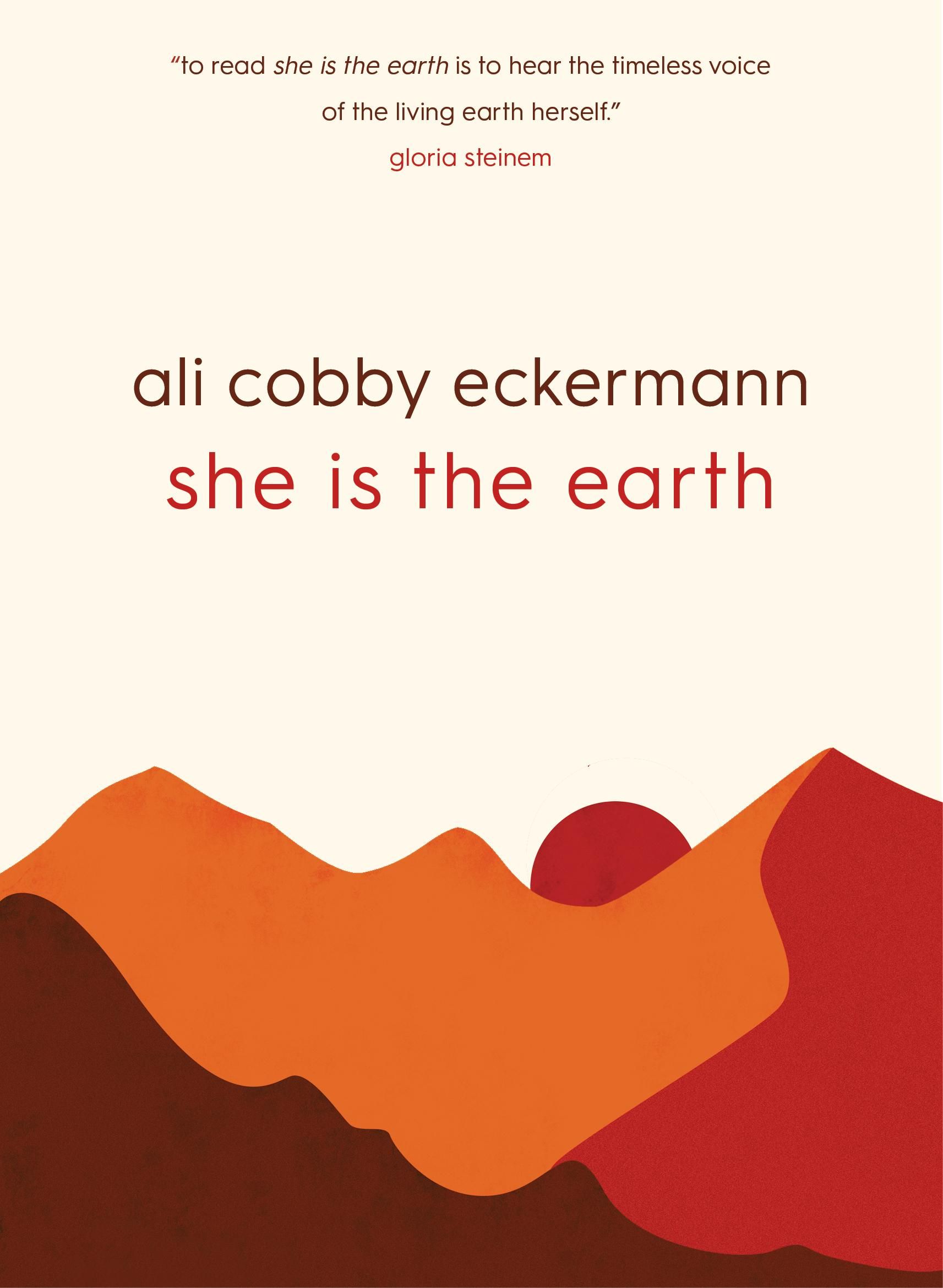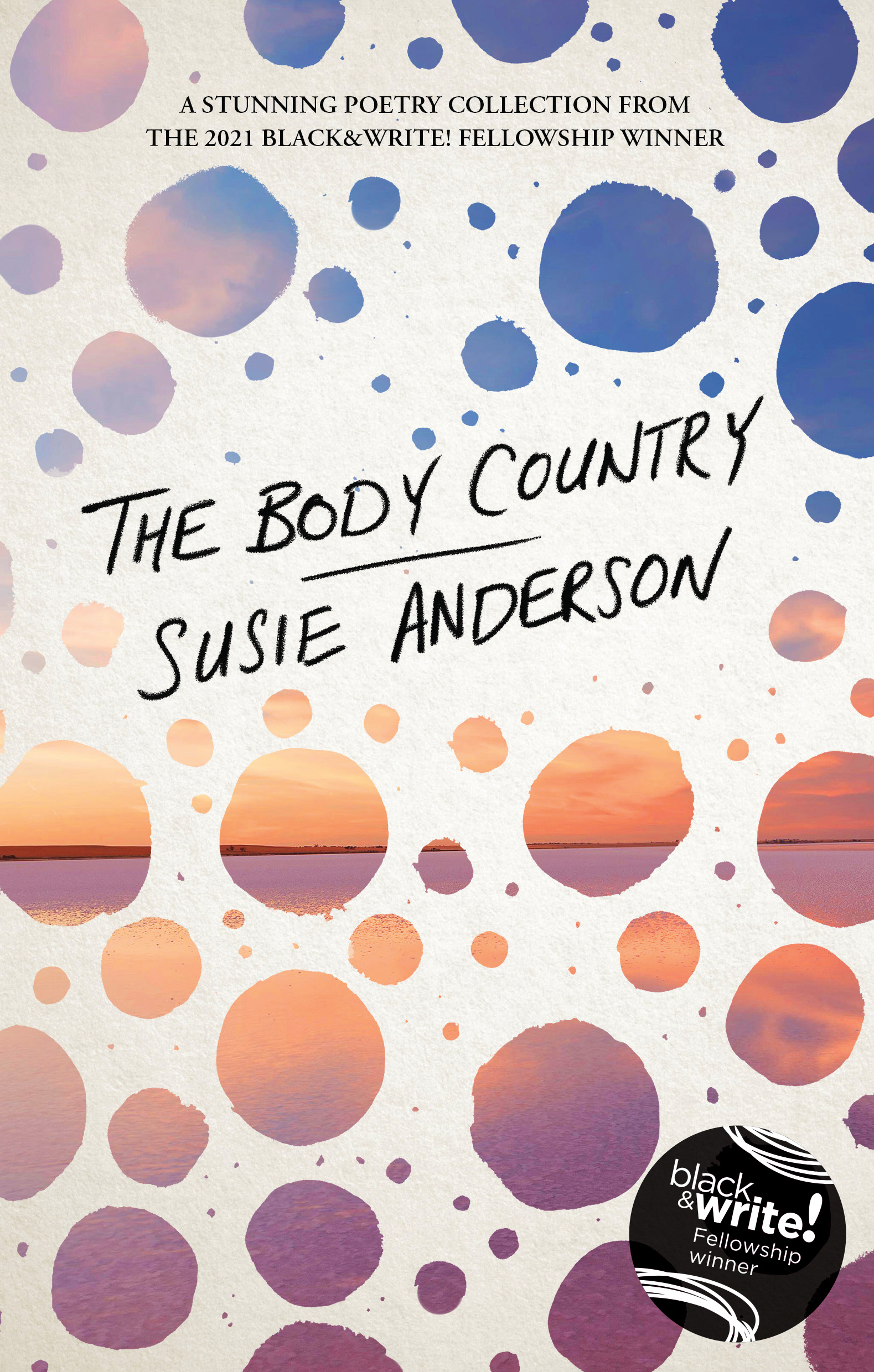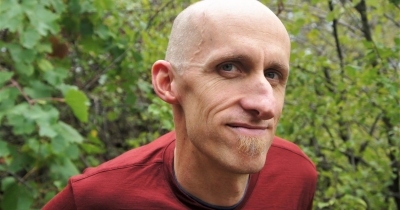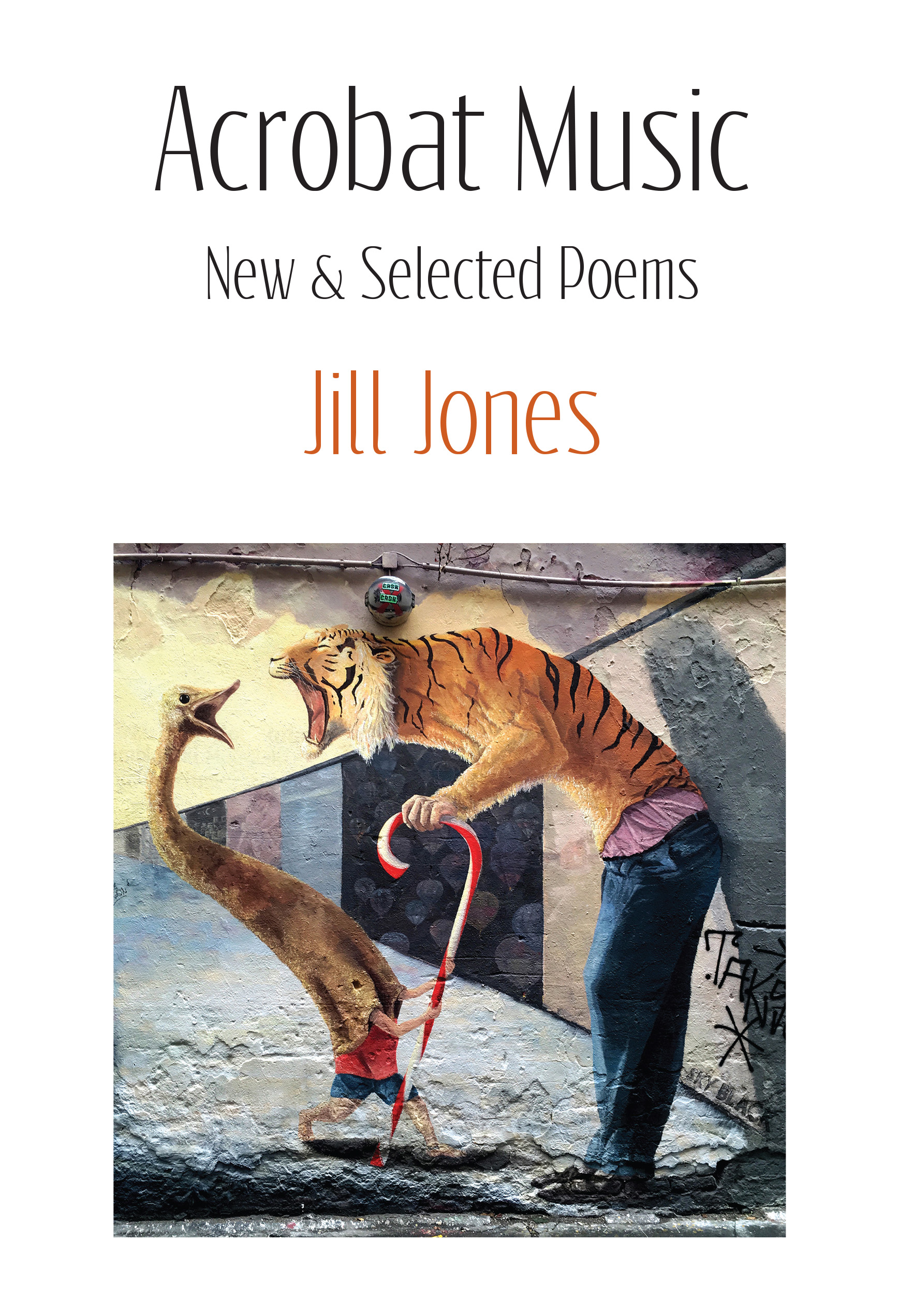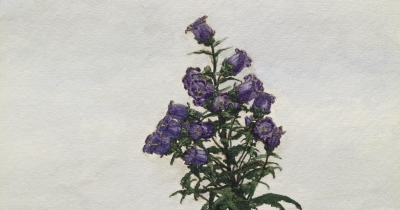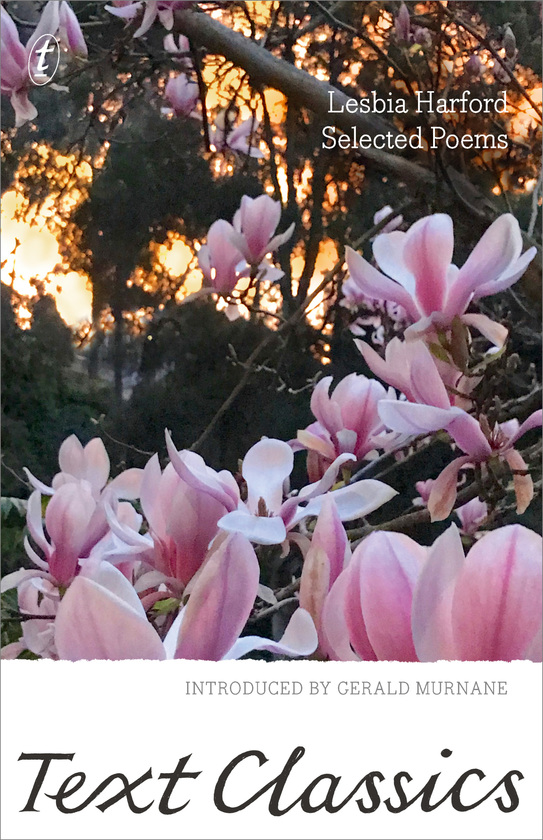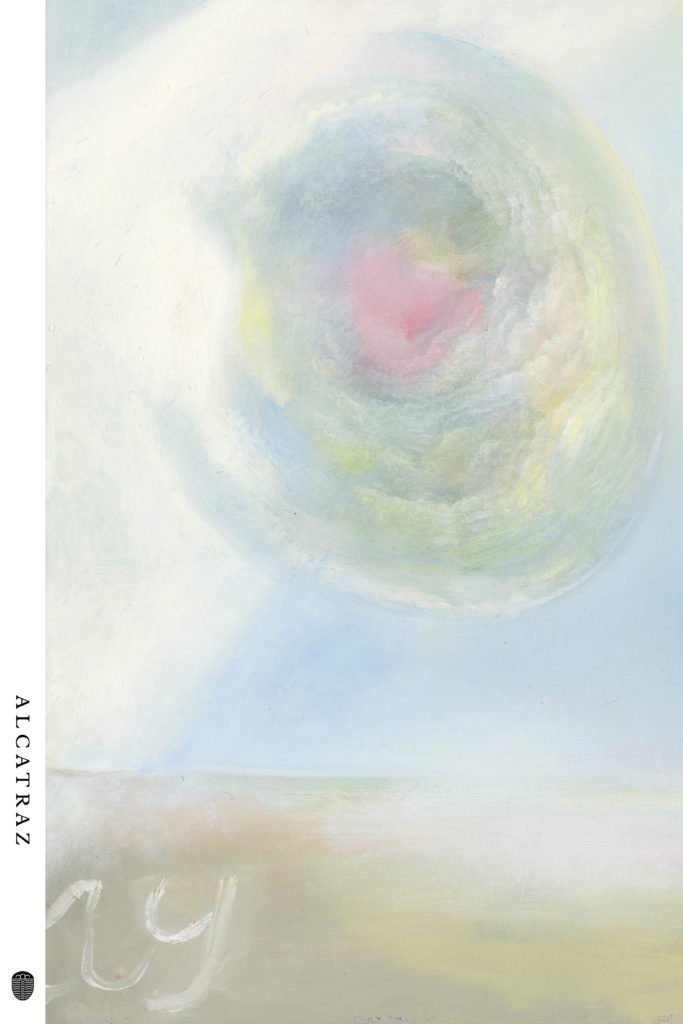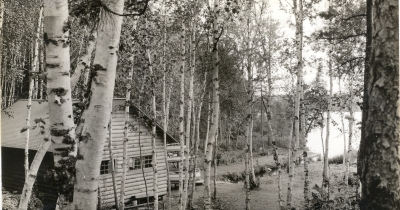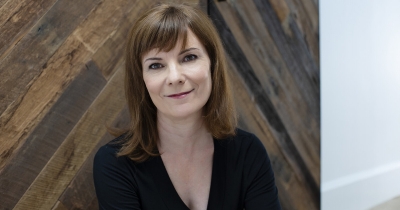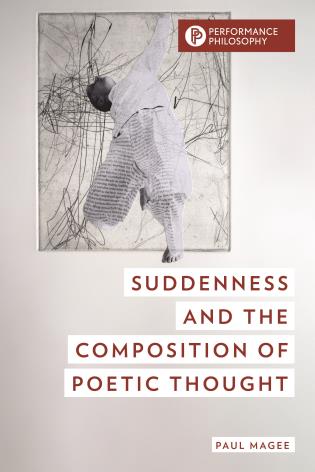Poetry
She Is The Earth by Ali Cobby Eckermann & More Than These Bones by Bebe Backhouse
Andy Jackson is a poet, creative writing teacher, and a Patron of Writers Victoria. He was the inaugural Writing the Future of Health Fellow, and has co-edited disability-themed issues of Southerly and Australian Poetry Journal. Andy’s latest poetry collection is Human Looking (Giramondo, 2021), which won the ALS Gold Medal and the Prime Minister’s Literary Award for Poetry.
... (read more)'Canterbury Bell', a new poem by Andrea Brady.
... (read more)Alcatraz edited by Cassandra Atherton and Paul Hetherington
'Wallpaper', a new poem by Anders Villani.
... (read more)Felicity Plunkett is a poet and critic. Her books are A Kinder Sea, Seastrands, Vanishing Point, and the anthology Thirty Australian Poets (as editor). Her recent essays are ‘Plath Traps’ for the Sydney Review of Books and ‘Strange Territory: Poems as “gifts to the attentive”’ for Australian Book Review. She was an ABR Fellow in 2015 and 2019.
... (read more)

